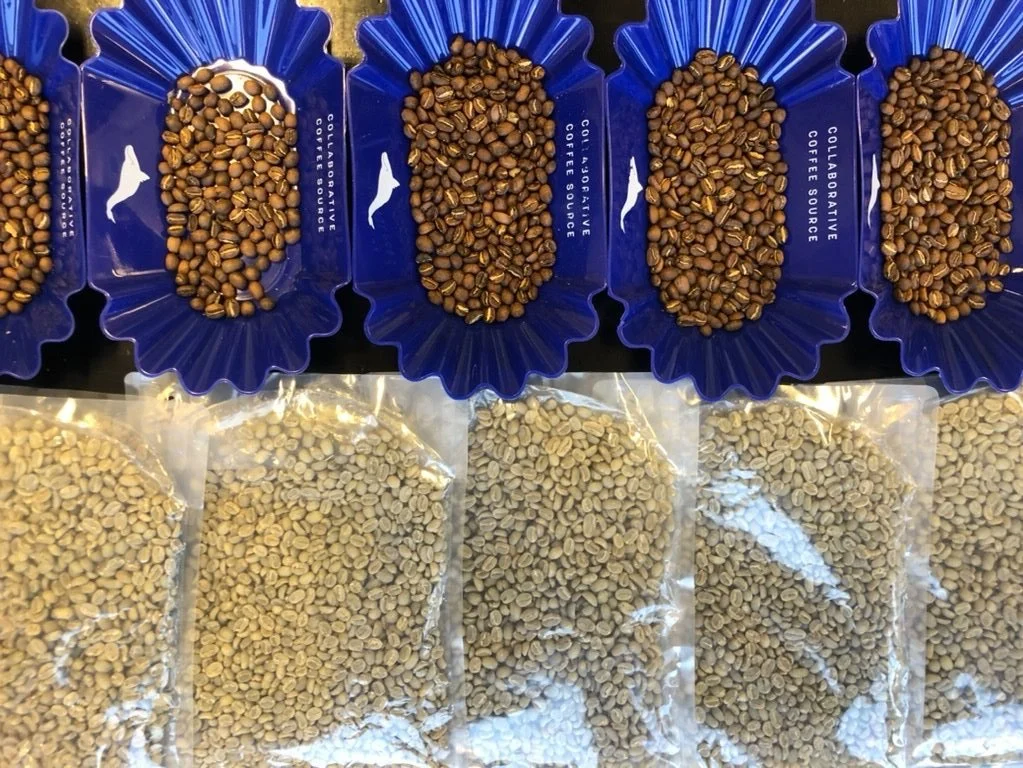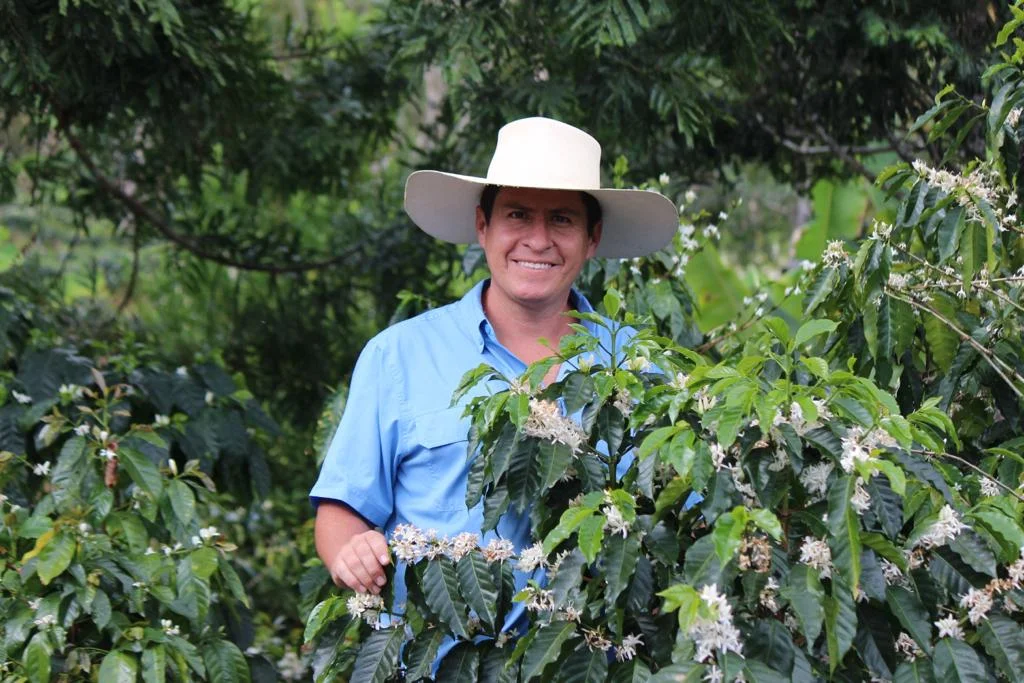Over the last nine months, there have been waves of protest and unrest occurring in the Oromia region, which has led us to cancel our planned trip to Ethiopia in the coming weeks. Amidst the protests and subsequent killings, we have read about and had confirmed by export partners, that washing stations have been targets of looting and vandalism. For one of our partners in particular, it has been incredibly challenging to make decisions about buying and processing cherries. Would these coffees even make it out of the country?
While it's challenging to find good news sources about how and why these protests have been occurring, we've found some that we'd like to share with you and that you can find in the links below.
(Very) Surface Background
The current situation is based on the build up of years of frustration from ethnic groups who have felt marginalized by the government. Ethiopia is made up of about 80 different ethnolinguistic groups with the Oromo nation comprising the largest ethnic group in the country. The communist regime was overthrown in 1991 and the current government, which acts essentially as a single-party, has been ruling as an authoritarian regime since that time.
Throughout the years, there have been varying degrees of unrest and protest, the biggest and until now occurring in 2005 during the country's heavily contested elections. The results of that election, which sustained the ruling party's power (the Ethiopian People's Revolutionary Democratic Front (EPRDF)), was considered fraudulent by both the opposition as well as outside observers. Now, the country's two largest regions - Oromia & Amhara - have been continuously erupting in protests over the last nine months, over similar dissatisfactions with the ruling EPRDF, despite the EPRDF's attempts to repress these uprisings through thousands of arrests and hundreds of killings.
The heart of the protestors' frustration comes down to a few main topics: land ownership, repression, and the fact that the ruling party is significantly made up of a minority Tigray elite. The Tigray nation makes up just 6% of Ethiopia's total population.
Potential Impact on the 2016/17 Harvest?
Those of you who have spent time in Ethiopia, or in the East African region more generally, understand that change is the modus operandi. It is too early in the season to make any predictions about how the export season will play out and whether these sociopolitical happenings will negatively impact the coffee sector.
For now, we wanted to share what is happening and why we and other coffee buyers have been cancelling travel plans to Ethiopia. We will keep you updated as further news becomes available.
News Links
http://hornaffairs.com/en/2016/09/14/ethiopian-spring-killing-grievances-protests/
http://addisstandard.com/7784-2/
http://www.bbc.com/news/world-africa-36940906
Helpful Reports for Background Info
http://graphics.eiu.com/PDF/Democracy_Index_2010_web.pdf
https://www.hrw.org/world-report/2006/country-chapters/ethiopia






